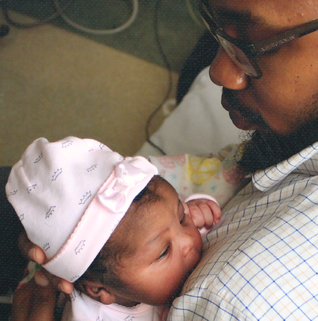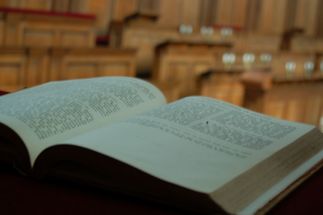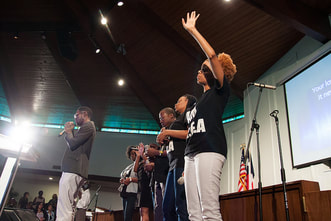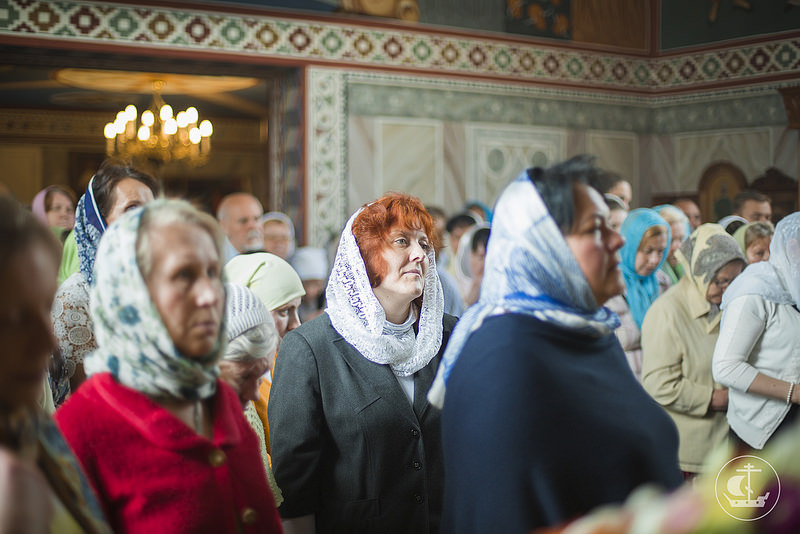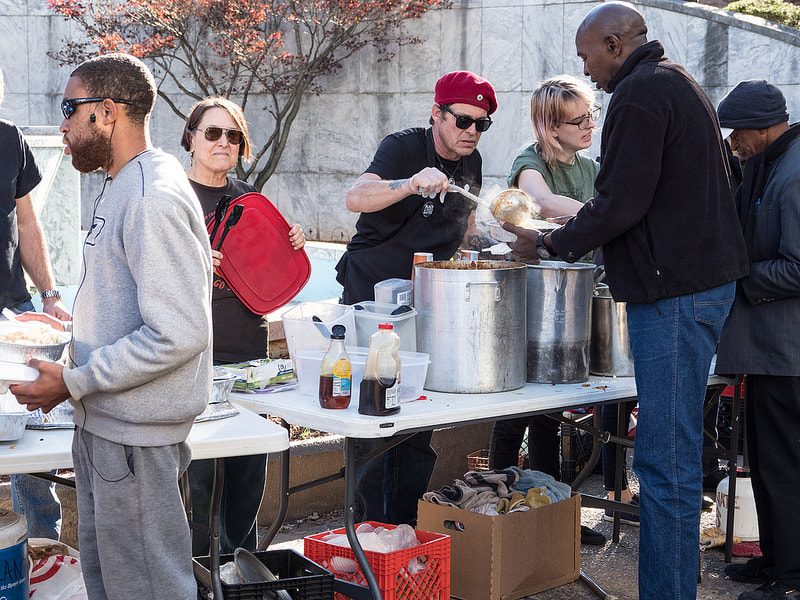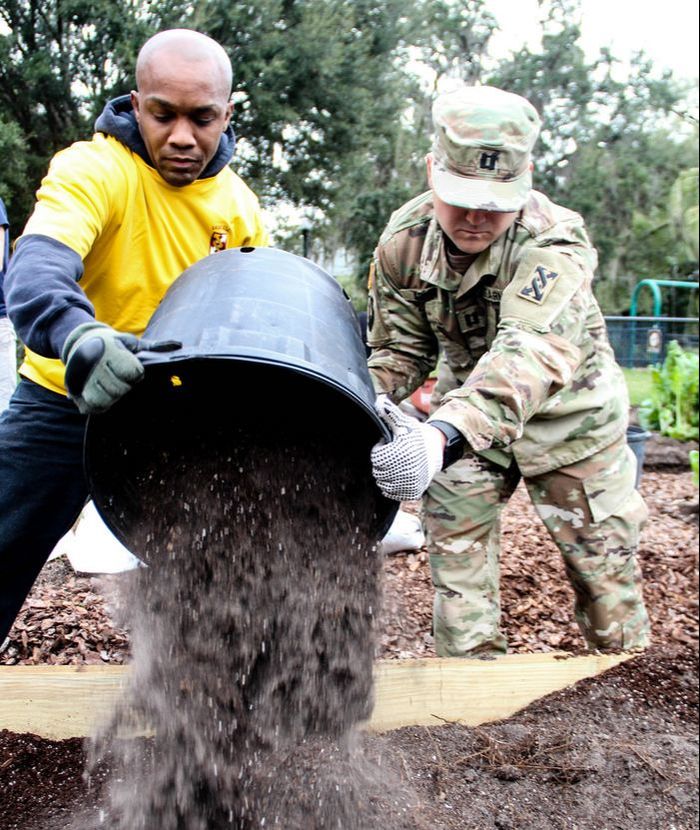- Home
- Process Worldview
- Community
- Art and Music
- Whitehead and Process Thinking
- Podcasts
- Spirituality
- Ecological Civilization
- Education
- Contact
- Social Justice
- Science
- Animals
- Sacred Poems
- Whitehead Videos
- Index of All Titles
- Practicing Process Thought
- Process Spirituality: A Spiritual Alphabet
- Recent Posts
Creation as Gift-Exchange:
A Reflection for the Feast of the Conversion of Saint Paul
by Teri Daily
|
An artist is stuck in a rut, and she stares at a blank canvas. She can’t find anything to paint that’s actually worth the work. After what seems like an eternity, inspiration finally comes. The end result—a piece of art that seems both her own, and yet strangely not hers at all. It’s a new creation that transcends her own efforts.
A couple has waited nine long months for the arrival of their child. They’ve taken seriously the research about what increases the chances of having a healthy baby—folic acid, no smoking, the almost perfect diet. They’ve prepared the baby’s room, and they’ve taken the most extensive birthing class offered by the hospital. In as much as it lies in their control, they’ve done everything they can. And yet, when the baby is placed in their arms for the first time, they’re acutely aware that she is pure gift. New life comes to us in many ways and many forms. Any time a relationship is restored, oppression turns to liberation, brokenness is healed—there’s a new creation, a resurrection. For Paul, it came in the form of a dramatic conversion on the road to Damascus, an event we celebrate in the life of the Church on January 25th. Paul (named Saul at the time) was a fervent Jew, a Pharisee who had studied under the great rabbi Gamaliel. He was also an avid persecutor of early Christians; in fact, we’re told in the book of Acts that, after the stoning of Stephen, Paul went from house to house in Jerusalem hauling Christian men and women off to prison. All of this came to a halt, though, the day of Paul’s conversion. One might ask, though: Which conversion? The one we read about in Galatians or the one we find in the Acts of the Apostles? After all, there are significant differences between the two accounts. In Paul’s letter to the church in Galatia, he boasts that his call to proclaim the gospel (his conversion) was of divine origin; he goes to great measures to refute any possibility that the good news he proclaims has come to him through human means, writing “the gospel that was proclaimed by me is not of human origin; for I did not receive it from a human source, nor was I taught it, but I received it through a revelation of Jesus Christ” (Galatians 1:11b-12, NRSV). Here Paul declares that the gospel he teaches is a gift from God alone. And he continues to distance himself from the apostles of Jesus by pointing out that he waited three years after his famous conversion on the road to Damascus before even going to visit the apostles in Jerusalem. There were good reasons for Paul to paint his conversion and call to ministry in this way. After Paul brought some Gentiles in the region of Galatia to faith in Christ, rival missionaries began challenging the teachings of Paul. Particularly, they taught that Gentiles who converted to Christianity had to be circumcised—something Paul saw as a rejection of the grace of God extended to the Gentiles. So, what was at stake here for Paul in this passage was an issue of authority. If Paul’s gospel message came straight from Christ and not through any human chain, who could claim a superior authority? Who could challenge Paul? But compare this passage in Galatians to the account of Paul’s encounter with the risen Christ on the road to Damascus that we find in the Book of Acts, Luke’s history of the early Church. It’s noteworthy that the story is different when told from the perspective of the Church. Paul was on the road to Damascus when a bright light flashed around him and he heard the voice of the Jesus calling him: “Saul, Saul, why do you persecute me?” Paul was blinded, we’re told—he could see nothing, so the men who were with him had to lead him into Damascus. Then the Lord instructed Ananias, a disciple of Jesus in Damascus, to go and lay hands on Paul so that he might receive his sight and be filled with the Holy Spirit. In fact, Ananias occupies approximately half of the story of Paul’s conversion in the Book of Acts. Not exactly the individualistic, isolated depiction of Paul’s transformation that we find in Galatians. So, why the two totally different accounts of Paul’s conversion? It’s not as if one account is accurate and the other is necessarily false. Instead, when we find two accounts of the same event in scripture, each version usually has something to teach us about who God is and who we are in relation to God. So what we find in these two accounts of Paul’s conversion is the tension between two aspects of God’s work in the world that we know to be true. The first aspect is this: every time new life comes into the world, in any form whatsoever, it is a gift from God—something that transcends any efforts of our own. This is the truth that we see in the account of Paul’s conversion that we find in Galatians. And yet, there’s a second truth: when God brings the gift of new life to the world, God involves us in the giving of this gift. That’s the truth we find in the story of Paul’s transformation found in the book of Acts. We don’t have to choose between these two truths. When resurrection and new life come into the world, it is the work of God; and God chooses to do this work with and in and through us. St. Augustine is credited with expressing it this way: “Without God, we cannot. Without us, God will not.”[1] This cooperative work of creation, redemption, and resurrection is not so much a parallel process as it is an ongoing gift exchange: we offer our lives up to God who then gifts them back to us fresh and transformed, only for us to then offer them up yet again in a different form. John Milbank describes such an ongoing exchange of gifts this way: The fuller more abundant life is a return of life always afresh, always differently. Hence what distinguishes gift from contract is not the absolute freedom and non-binding character of the gift (this is our Western counterpart to the reduction of exchange to contract…), but rather the surprisingness and unpredictability of gift and counter-gift…[2] In other words, true gift-giving is not a unilateral action; instead, it is always cooperative, always reciprocal, always based in relationship, and always open to newness and surprise. It’s a process between God and the world that can change everything. It’s a process that has room for both accounts of Paul’s conversion—newness of life is a gift from God, and we are included in the giving itself. It is important to keep both truths before us. Otherwise there is a potential danger of falling completely into one or the other of these truths, failing to honor the reality of both. If we think of new life as only a divine work, then there’s the possibility that we’ll become complacent, expecting God to do the work of reconciliation and resurrection in the world without us. We might relax into our own comfortable world, using the phrase “God is in control” as a shield that protects us from the demands of discipleship. On the other hand, if we think that the work of bringing new life to the world is our own burden to bear, we become paralyzed by our own inadequacies. And what’s worse, it becomes easy to mistake our own agenda for God’s—to find that instead of following Christ, we’re following our own goals, just like a hunting dog that finds itself running in front of the fox it’s supposed to be chasing. However, when both truths seep down to the core of our heart and mind, we are neither complacent nor paralyzed by the enormity of need in the world. Instead, we, like Paul, experience our call to participate in God’s dream for the world as both hope and challenge. That new life is a divine gift—that’s our hope. That God does that work of resurrection with and through us—well, that’s our challenge. [1] The actual quote from Sermon 169 is closer to this: “So while [God] made you without you, [God] will not justify [or save] you without you,” [2][2] John Milbank, Being Reconciled: Ontology and Pardon (Routledge: New York, 2003) 156. |

